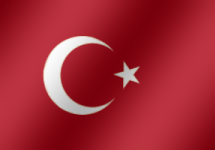
The security situation in Turkey has been deteriorating for some time.
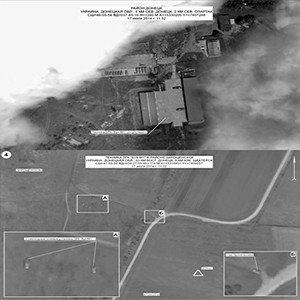
CNS researchers conclude Russia significantly altered photos of downed airliner to evade responsibility.
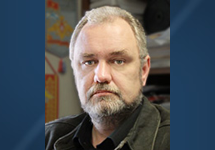
PODCAST: Nikolai Sokov speaks with CSIS’ “Russian Roulette” about European security, Russian foreign policy, and the Middle East.
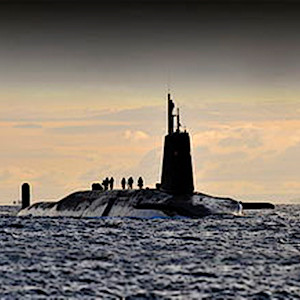
The UK Parliament is scheduled to vote July 18 on whether to renew its nuclear submarine program.
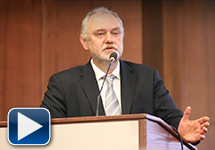
VIDEO: Senior Research Fellow Nikolai Sokov explains Russia’s modernization plans and nuclear strategy, and what it means for future US-Russia arms control.
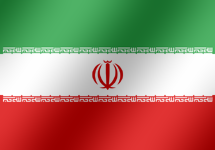
The Czech visit is one of several signs that Iran is sticking to its commitments under the international nuclear deal made last year.
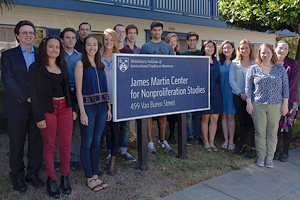
The competitive program furthers the CNS mission: to combat the spread of WMD by educating the next generation of nonproliferation experts.
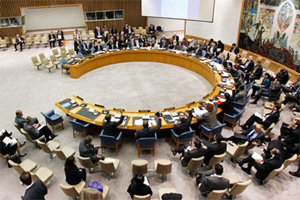
CNS deputy director recommends taking steps that could trigger sanctions for states that undermine the resolution.
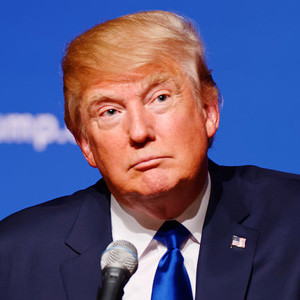
The Republican front-runner isn’t the only one stoking fears about Russian missiles. But size doesn’t matter when it comes to nuclear arsenals.